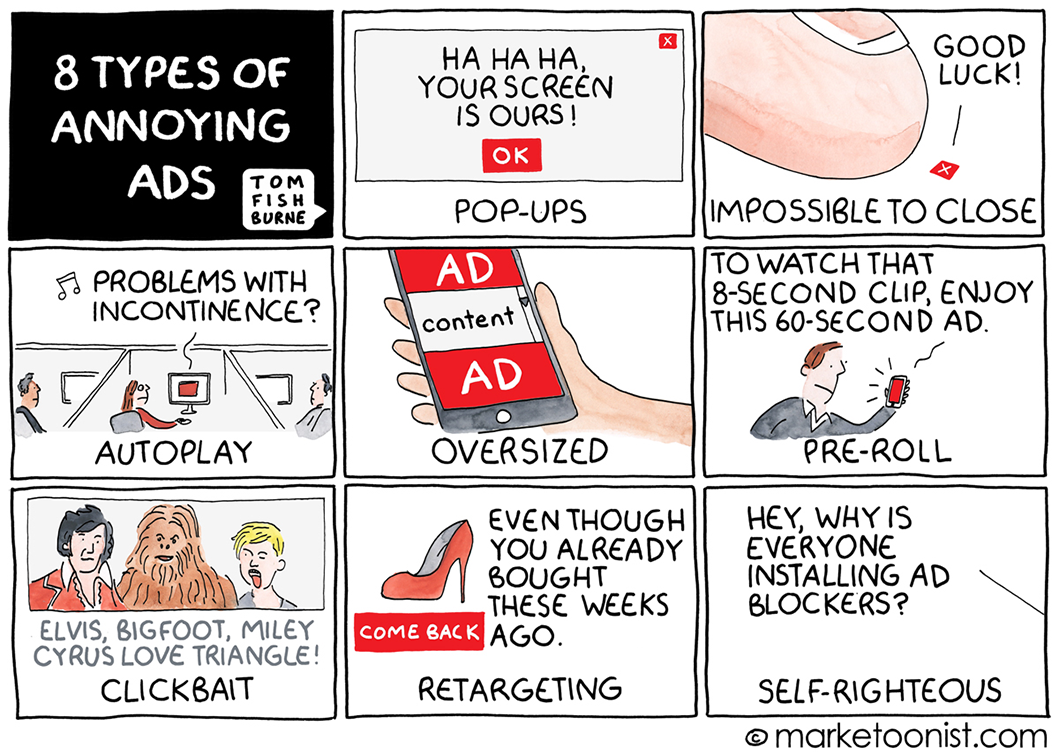
ANY PRESS IS GOOD PRESS

ANY PRESS IS GOOD PRESS
Hi, Yusuf Taiyoob. You’re driving us up the wall with your whispers every Ramadan. We get it, you want to sell your kurmas. And Shopee-pi-pi, isn’t that a song for toddlers that you’re using for your commercials? It’s so annoying that it’s now stuck in our minds like a broken record. And yet, this “annoying ad” strategy is in fact effective.
According to an observation made by a group of Cognitive Psychology students, companies who have their commercials designed to be annoying are using cognitive psychology to force the viewers to pay attention and remember it, especially the repetitive parts that most of us would deem as ‘grating on our nerves’.
See what we did with the video? We just used the sounds ‘Big and Bip’ repetitively with people doing the same motions showing the Amazfit Bip 3 watch, repeating the features with big in-your-face typography flashing every few seconds, people wearing neon-coloured outfits and at one point a guy opens his mouth, to reveal a girl inside of if it saying “WOW!” And then you’ll suddenly realise you’re subconsciously mimicking some of the spoken words or actions on replay. It’s okay, because that means your mind is normal 😉
People always compare ‘good ads’ and ‘bad ads’ but really, what is that supposed to mean? A shiny sleek advert for a luxury car is considered a good ad but a tacky one is considered bad? That should not be the case just based on the look and feel of the advertisement. What matters is how the metrics are measured and the overall results of the advertisement.
Saatchi & Saatchi’s strategy director, Richard Huntington further explained that annoying ads have a way of worming inside of your brain, and the theory of likable advertising that has been popular in the past is overrated.
A good example of this can be seen in an American brand called HeadOn which permanently etched the expression, “HeadOn, apply directly to the forehead,” into our brains and saw its sales shoot up 234% nearly overnight following the debut of its repetitive ad campaign. The video had no context whatsoever and was so ridiculous but despite that, the statistics showed that the advertisement worked.
It’s as if they’re saying ‘hello’ to us a thousand times and we have no choice but to eventually respond. And by saying hello, I mean we fall for their annoying tactics and end up purchasing something. Then we find ourselves scrolling endlessly to see what else they have to offer.
Before we wrap things up, there is one imperative thing that we would like to emphasise: annoying ads aren’t necessarily bad. Some people love it while others just can’t stand it. A fitting analogy would be to compare tea lovers and those who can’t go a day (or few hours) without a cup of coffee. But perhaps if you keep shoving tea in their face every single day, telling them the benefits, given time, you might be able to convert a coffee connoisseur to a tea sommelier.

